As concerns about climate change and the depletion of fossil fuels continue to grow more and more homeowners are turning to solar energy as an alternative power source. But is it economically feasible to switch to solar energy for your home? In this article, we will take a closer look at the economics of volt solar tile energy and the potential benefits and drawbacks of making the switch.
The Costs of Switching to Solar Energy
The initial cost of installing solar panels can be a significant barrier for many homeowners however, there are a number of factors that can impact the overall cost of the installation. Some of these factors include the size of the system, the quality of the panels and equipment and the location of the home.
On average the cost of installing a solar energy system for a typical home ranges from $10000 to $30000, there are a number of incentives and rebates available to homeowners that can help offset these costs. For example, the federal government currently offers a tax credit of 26% of the cost of the solar energy system.
The Benefits of Switching to Solar Energy

While the upfront costs of switching to solar energy can be daunting there are a number of potential benefits that can make the investment worthwhile over the long term.
One of the biggest benefits of solar energy is the potential for significant savings on energy bills, according to the U.S. Department of Energy, the average homeowner can save anywhere from $10000 to $30000 over the lifetime of a solar energy system, also many states allow homeowners to sell excess energy generated by their solar panels back to the grid further increasing potential savings.
Another benefit of volt solar tile energy is the potential increase in home value. According to a study by the Lawrence Berkeley National Laboratory homes with solar panels installed can sell for up to 4% more than homes without them, this means that homeowners who invest in solar energy may be able to recoup some or all of their initial investment if they decide to sell their home in the future.
The Drawbacks of Switching to Solar Energy
While there are a number of potential benefits to switching to solar energy there are also some drawbacks to consider and o. One of the biggest concerns is the variability of solar power. Because solar energy is dependent on sunlight energy production can be inconsistent, particularly during periods of cloud cover or inclement weather.
Additionally, while solar energy systems have a long lifespan, they do require regular maintenance and may require occasional repairs. This can be an additional cost to consider when weighing the overall economics of switching to solar energy.


